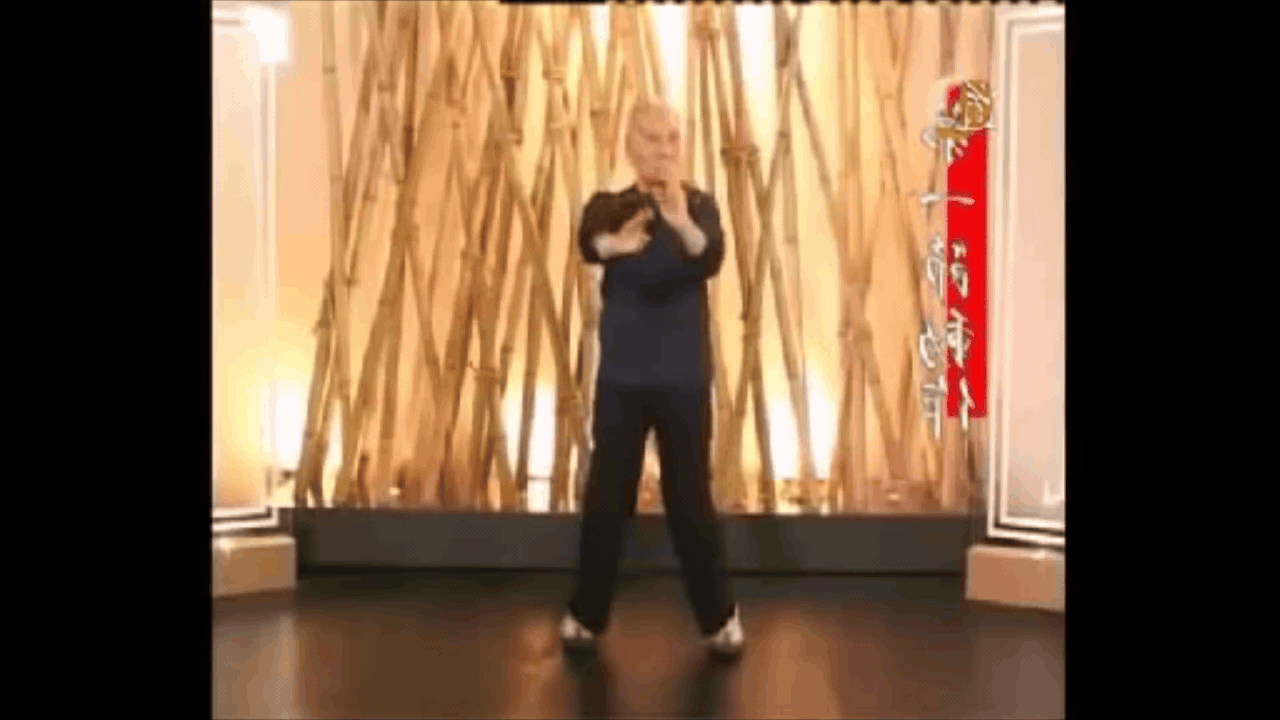This is why you should not train form. You should train drills. When you train drills, left side and right side are well balanced.In kung fu the right side doesn't always repeat the left side.
I like the following drill (in the video). But I don't always do back fist, cross, jab. Sometimes I'll do uppercut, hook, hook. Sometimes I'll do uppercut, overhand, back fist. When I change forms into drills, I'll have more options to train whatever that I like to train.
I may be the person who has trained more forms than everybody in this forum (I have trained more than 50 forms). It's so funny that I don't train forms anymore and I only train drills (for the reason I have just described).
- Left-side and right-side balance.
- Drill is grammar. It can be used to construct many sentences.
When a traditional form taught me the grammar "I love you." It won't stop me from constructing sentences such as:
- I love her.
- You love me.
- She loves me.
- ...
I truly believe this is the correct way to learn MA.
Last edited:

